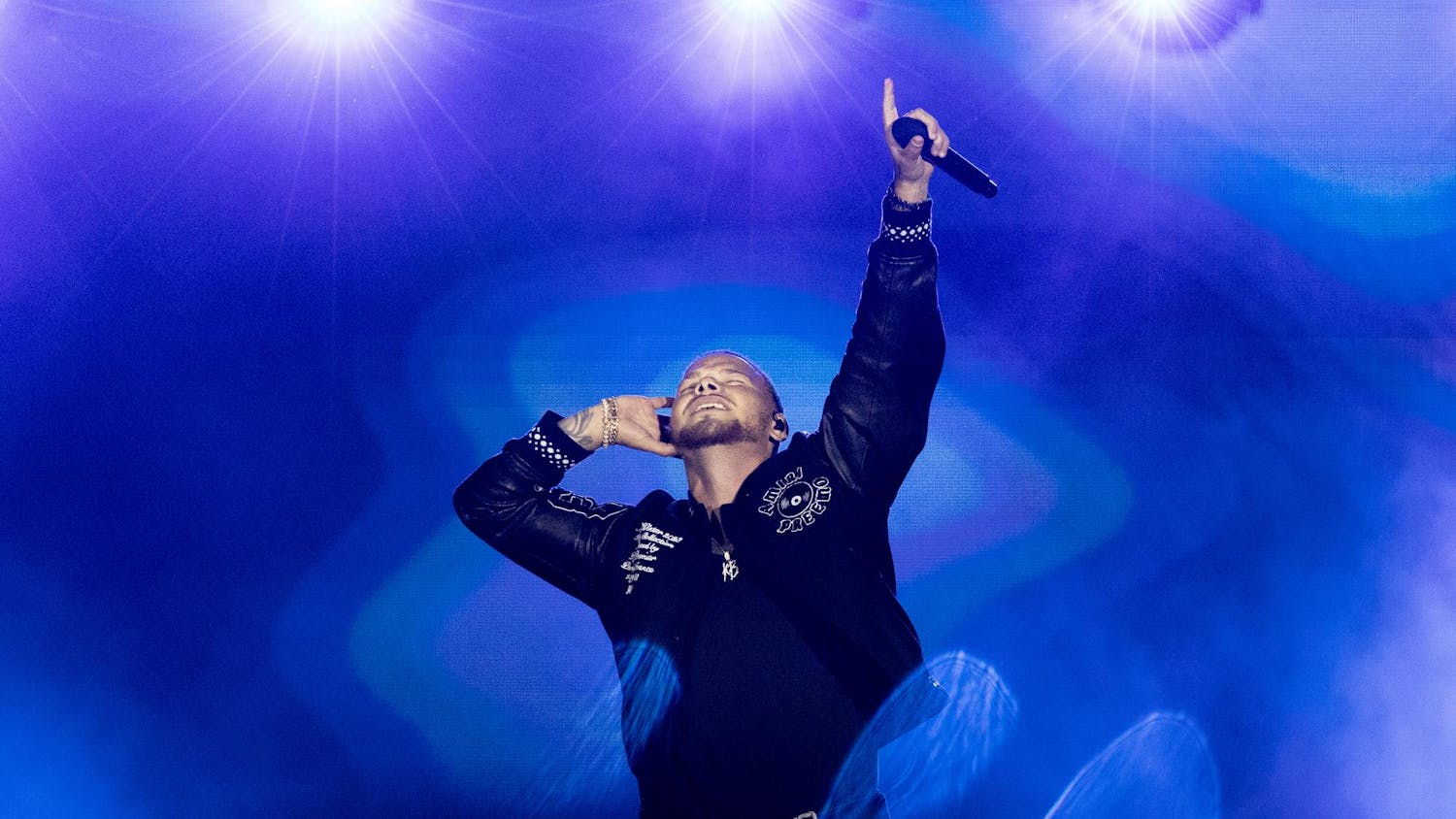This week rapper J. Cole released his newest album, "KOD," and to be fair, it’s not a bad album. According to Pitchfork, the album broke streaming records on both Spofify and Apple Music, beating out Drake.
In all honesty though, it might have more to do with his adamant and overbearing fan base than the quality of the music.
J. Cole is not a terrible artist, and his production is good. He put out this album with good intention, explaining to billboard the acronym of the album stands for three things: Kids on Drugs, King Overdosed, and Kill Our Demons.
J. Cole explains that although the subject matter of the album is intensely centered around our culture’s addictive nature, the album is in no way intended to glorify substance abuse.
The idea that there is an album with so many hidden and deeper meanings attracts a large audience -- although maybe not for the right reasons.
Many young people are avid fans of J. Cole under the premise that he’s addressing issues in rap and hip-hop that other artists don’t -- even though J. Cole’s music was not the first to address heavy topics, and not even in the best way.
J. Cole’s own aloof and deep attitude has him on a high horse. He explained his albums never feature because no artists are worthy of being on his tracks. That’s a really bold statement coming from a man whose lyrics and albums I believe can never even touch Kendrick’s, Drake’s, or Frank Ocean's.
Hidden meanings and interpretations under the premise of experiencing holier-than-thou thoughts and feelings does not equate to meaningful music.
Some J. Cole fans believe not liking other artists who don't always put profound thoughts into their songs makes them better than others.
Enjoying party favorites by Lil Uzi Vert, 2Chainz, Young Thug and other rappers doesn’t take away from one’s intelligence. People are allowed to like a variety of rap and hip-hop simply because it sounds good, is fun to dance to, is fun to get hyped up to — something that J. Cole fans can’t seem to understand.
Kendrick Lamar’s "To Pimp a Butterfly" album was a political statement tackling the corruption and racism of the criminal justice system, the Black Lives Matter movement and the new Black freedom struggle.
Recently, his album "DAMN.", which discusses the complexity of modern African-American life, received the Pulitzer Prize award — and deservedly at that.
What has J. Cole done other than get a few Billboard top 100 hits?
Going as far back to 1988 when N.W.A. dropped “F*ck the Police,” rap artists for decades have been addressing the plight of being Black, poor, and struggling in America.
During their 1989 tour, Detroit police warned them to not perform this song, which they did anyway, resulting in the police arresting them after they returned to their hotel after the show.
N.W.A. stuck behind the meaning and power of their music even at the cost of being detained and having their 1st amendment right infringed upon.
J. Cole wasn’t even remotely close to being a pioneer in using music to make bigger statements.
Social media has exploded since the drop of the album, with J. Cole’s fans not only praising his mediocre album, but attacking all critiques as well.
Fans of J. Cole assume that because they listen to an artist who seems above his peers, they also have some higher level of intelligence and self-awareness — and it’s insufferable.
Listening to J. Cole does not make you more intellectually deep than someone who listens to other mainstream rap. J. Cole completely capitalizes off of being fake-deep — and young listeners capitalize on it too.
And to be candid, the album is fine — and just that, fine. Some songs are better than others, but the album is overhyped, non-groundbreaking, and forgettable.
It is completely fine to like an artist and be impressed with new releases and even connect on a deeper level.
It’s commendable that J. Cole took the time to devote an album that is relatable to people going through hard times.
However, fans need to settle down and respect the opinions of others without getting a big head about it. J. Cole could follow the same advice.



